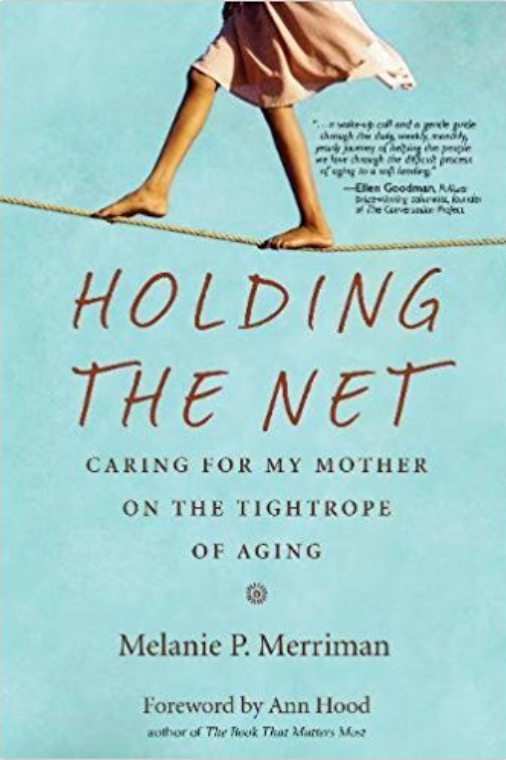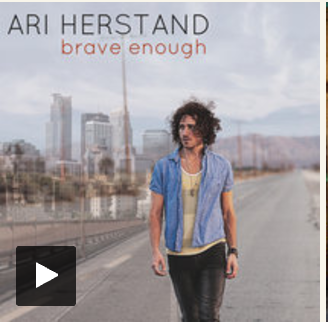Writing Class Radio
Writing Class Radio is a podcast of a writing class. It is for people who love stories and who get inspired by hearing other people tell their stories and who want to learn a little bit about how to write their own stories.
There's no better way to understand ourselves and each other than by writing and telling our stories.
Everyone has a story. What's yours?














